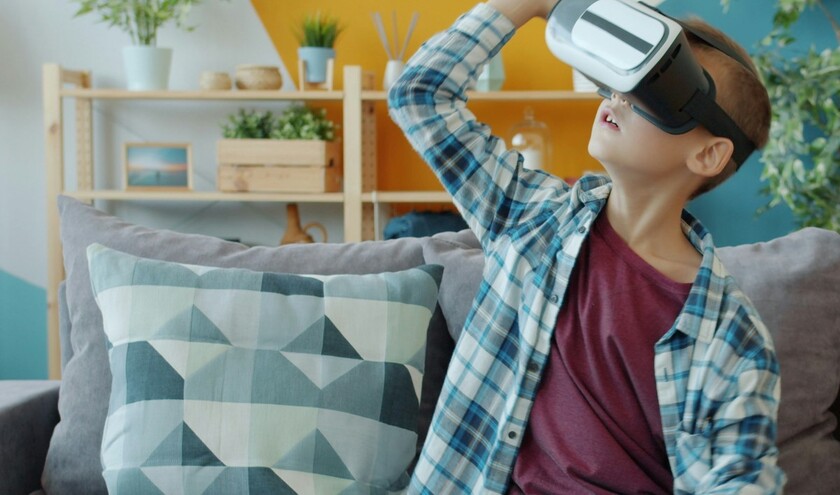These newly-funded technologies could offer solutions by finding ways to streamline services, detect problems earlier, and deliver personalised support when it's needed most. Among the projects are new AI and digital tools designed to spot early signs of autism, predict what support children might need and connect physical and mental health in one platform.
One project will develop and test an AI triage tool within a digital health platform called EnrichMyCare. This platform is already used in the NHS to help families share important information about their child's needs and development. The tool aims to recommend the right care pathway, predict what services need to be involved and ease pressure on clinicians, helping families get support sooner.
Elaros is developing a system to spot early signs of autism in toddlers by tracking how interested they are in faces and social interactions. Since a lack of interest in faces and people can be an early warning sign, the system could help identify children who need extra support sooner. Using existing technology, they will develop a system which allows health visitors to assess social responses in children aged 12- to 30-months.
Another project is testing a digital triage system to prioritise children on neurodevelopmental waiting lists by severity of need. It uses HealthTracker, an established tool in child health services that collects information from families and monitors symptoms.
In schools, Artemis-A is a medical device helping teachers identify pupils at risk of anxiety and depression, with work now underway to validate it in NHS mental health services. A separate project, HalaraXR, is using virtual reality to capture children's behaviour during everyday tasks, producing reports to guide families and professionals in early support and referrals. The funding will help develop the tool and test it in school and primary care settings.
Meanwhile, Tiny Medical Apps will build on the success of the NHS-backed Digital Health Passport, already used by more than 7,000 young people for conditions like asthma and epilepsy, by adding a new mood and feelings tracker to link physical and mental health in one platform.
Professor Mike Lewis, NIHR scientific director for innovation, said: ‘Reducing waiting times is vital to improving mental health outcomes, and by innovating in both community and hospital settings, we're helping children and young people get the care they need, when they need it.'
Professor Paul Dimitri, director of NIHR HealthTech Research Centre in Paediatrics and Child Health, added: ‘Children and young people with mental health challenges and neurodevelopmental conditions including ADHD and autism deserve timely, personalised care and technology has a vital role to play in making that possible.
'At the HRC, we're focused on accelerating innovations that reduce delays, empower families, and support clinicians with smarter tools. The NIHR i4i FAST funding to support these companies in developing vital technologies marks a crucial step toward building a more responsive and equitable system for the children and young people who need it most.'



